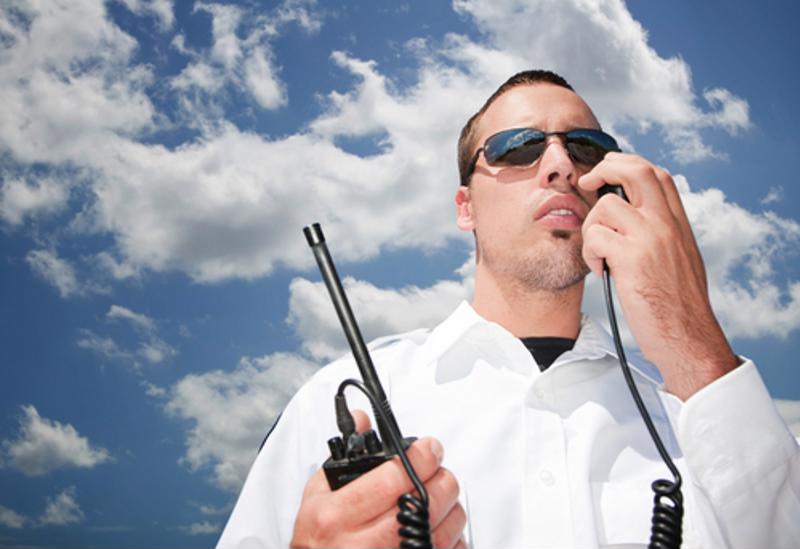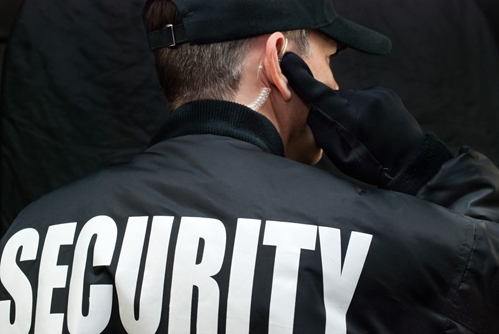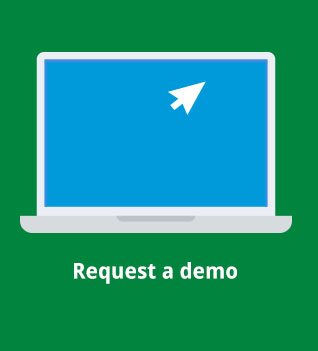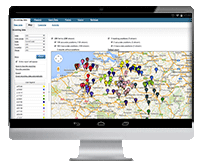At a time when every organization is restructuring their cybersecurity systems and data protection teams, private security and guarding headlines are often overshadowed by reports of data breaches and network intrusions. However, that doesn’t mean that this industry is doing poorly by any means. In fact, the U.S. private security market is on the rise, as more enterprises realize that physical assets are just as mission-critical as their digital counterparts.
In a recent study titled “Private Security Services,” researchers found that the demand for private security and guarding services in the U.S. will expand 5 percent in the next four years. Reasons for this market growth include concerns about crimes, as expected, but more enterprises are seeking outsourced security guard teams in order to monitor technological equipment in government buildings, schools and hospitals, the source noted.
“Equipment has an ‘enormous impact’ on how security officers work.”
Simply put, private security services need to improve the quality of their services if they want to compete in the U.S. market, as enterprises are certain to be picky when it comes to protecting their brands, employees and equipment. The good news is that these guarding and security firms can optimize their forces with new tools. After all, as Security Magazine reported, what equipment security officers are armed with has “an enormous impact” on how they work and how they are perceived by internal staff members and corporate outsiders.
Security and guarding services can bring their forces into the 21st century by outfitting them with the perfect tool for multiple jobs: a mobile device with workflow apps installed. So, let’s take a look at what equipment is popular in this sector, since many of those solutions can simply be replaced by a smartphone and access to Mobilengine apps.
Alarm monitoring
According to the report on private security, digital video surveillance systems and alarmed smart homes are increasing the demand for guarding and security squads that can protect and monitor this equipment. Alarms themselves will account for almost one third of all security service spending once 2019 rolls around, meaning that security guards need ways to keep track of their employers’ different alarms and surveillance systems. Furthermore, employees must be able to securely access alarm codes, so as to ensure that no one gains unauthorized access to data centers, offices and homes.
This is why arming security guards with mobile devices and mobile workflow apps is so important. Alarm access code apps, for example, make protecting corporate and personal assets easy while keeping data safe and secure from employees and staff members as soon as their shift ends. Security guards can use that app to receive alarm codes for a short period of time, allowing them to connect back to headquarters and verify their identities before being displayed.

Bring security forces into the 21st century with mobile devices and apps.
Equipment check-ins
As the importance of cybersecurity grows, more and more executives feel the need to physically protect data centers around the clock and secure end user computers overnight. The private security services report highlighted importance of using “highly trained guards” to do so, but maybe it’s more about the tools these employees have.
With security tour planning and security task management apps, however, security service providers can make anyone an elite task force capable of securing a variety of assets. These mobility solutions allow security guards to track their routes and report to headquarters when certain pieces of equipment or rooms are secured, ensuring that no stone is left unturned. Additionally, with RFID and NFC capabilities enabled in these mobile apps, administrators can monitor the progress of employees.
With a growing market comes competition, and as that’s current the case in the security and guarding services industry, these firms need to ensure that their guards and team members are prepared and armed with the latest gadgets and mobile workflow apps to successfully and satisfactorily complete their jobs.
Adam Dalnoki, Mobilengine’s CEO, brings IT and telecommunications expertise as an ex BCG consultant. He made a previous exit in a mobile payment start up and has held sales executive positions at Provimi and Kraft Foods.








